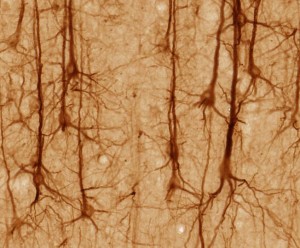Representative Alan Grayson is pushing hard for Medicare for anyone who wants to buy into the program. It's a four page bill. It's understandable. The framework is already set up for implementing it. It is cost-effective. Grayson sent me this mass-distributed email for further explanation.
Dear Erich,
72 hours. 66 cosponsors in the House. 21,254 citizen cosponsors at WeWantMedicare.com.
The Public Option Act. It's simple. It's popular. 82% of Scott Brown voters favor it. It lets anyone buy into Medicare at cost. You want it, you pay for it, and you're in.
You know and I know that it's a winner.
Private insurers make money denying us the care we need, when we need it most. Medicare doesn't. So we want Medicare. And we want it now.
Ask your Member of Congress to stand up for us. Call your member of Congress now, and ask him or her to cosponsor HR 4789, the Public Option Act.
Call the switchboard: (202) 224-3121
After you call, please let me know how it went. I need to know if your Representative is with us or against us. Tell me how it goes.
This is the week to act. We are likely to vote on a healthcare bill without a public option. We should get a vote on the Public Option Act as well. The four-page bill opens Medicare to all. It's that simple.
Call your member of Congress now, and ask if he or she has the guts to stand up for you.
Call the switchboard: (202) 224-3121
Courage,
Alan
Why do we need the public option program Grayson suggests? Because we currently and needlessly have a for-profit health insurance industry that provides the insureds no benefit for a big chunk of the premiums they pay. Grayson
recently explained at Huffpo:
Health insurance companies charge as much money as possible, and they provide as little care as possible. The difference is called profit. You can't blame them for it; that's what a corporation does. Birds got to fly, fish got to swim, health insurers got to rip you off. And if you get really expensive, they've got to pull the plug on you. So for those of us who would like to stay alive, we need a public option. In many areas of the country, one or two insurers have over 80% of the market. They can charge anything they want. And when you get sick, they can flip the bird at you. So we need a public option.

